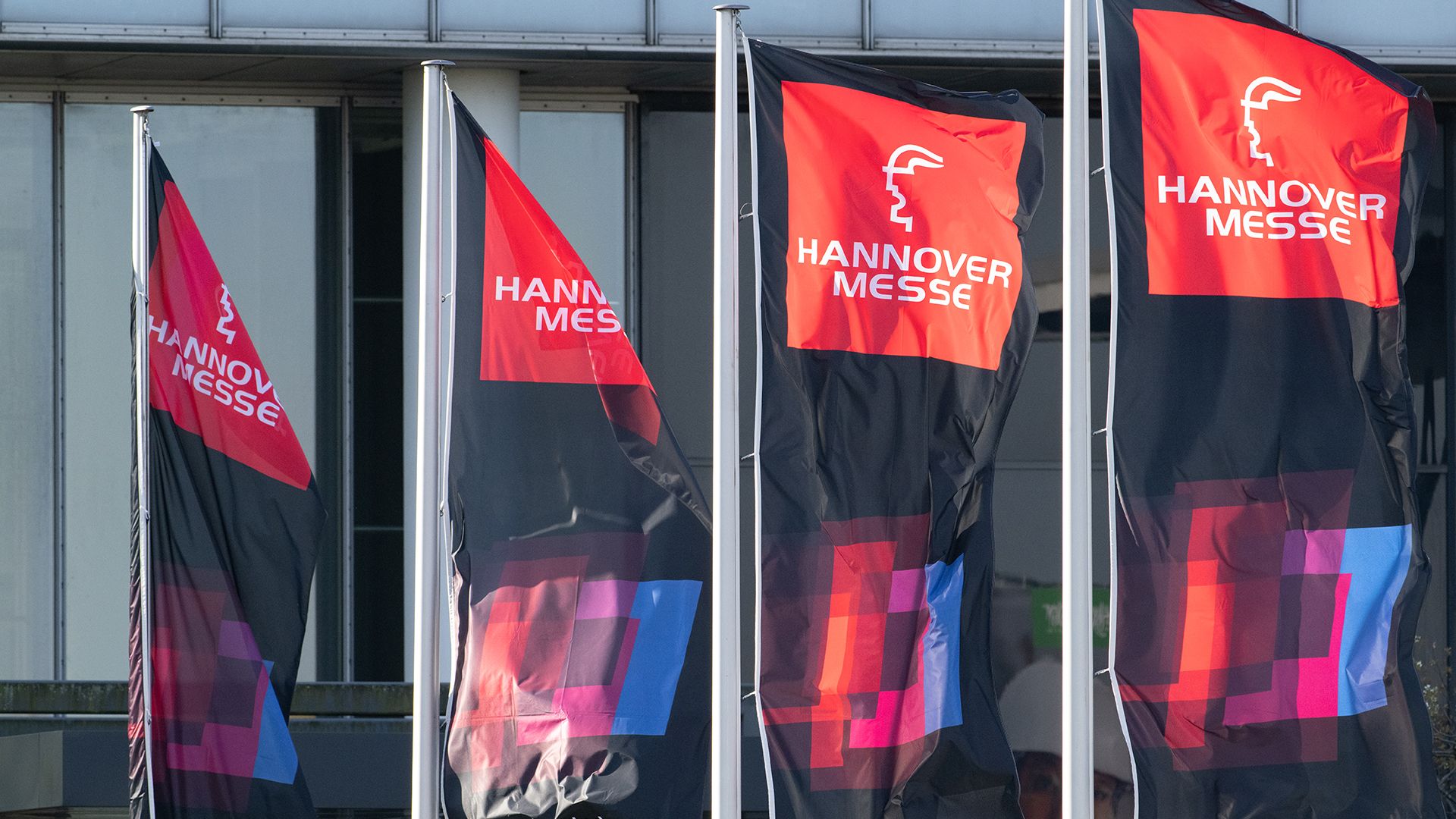Sustainability Report 2020: Commitment to environmental protection, social affairs, and transparency


Wintershall Dea has published its Sustainability Report for 2020. The report provides an overview of the company’s commitment and performance in areas related to climate and environmental protection, social affairs, and transparent corporate governance, thus documenting the sustainability performance of Europe’s leading independent gas and oil company.
Wintershall Dea supports the European Union's goal of achieving carbon neutrality by 2050
A key topic area covered by the Sustainability Report is the Energy Transition Pathway, with which Wintershall Dea has set itself ambitious targets for climate protection last year. The strategy envisages a reduction of greenhouse gas emissions from the company’s own upstream activities to net zero by 2030. Wintershall Dea will bring methane emissions intensity below 0.1 per cent by 2025 and maintain zero routine flaring in its operations. “One of the biggest challenges facing the world today is how we meet the increasing demand for energy while at the same time needing to reduce greenhouse gas emissions. As Wintershall Dea, we can and want to make an active contribution to this. We are part of the solution,” says Mario Mehren, CEO of Wintershall Dea. This shall be achieved through portfolio optimisation, managing emissions through greater energy efficiency, investing in nature-based offsetting solutions and investing in future technologies such as hydrogen and carbon capture and storage (CCS).
Clear energy transition pathway with new climate protection targets
Initial successes are already reflected in the figures: the greenhouse gas intensity for Scope 1 (emissions from producing natural gas and crude oil) and Scope 2 (emissions caused by the resulting energy consumption) is among the lowest in the industry at around 7.4 kg CO2 equivalent per barrel of oil equivalent. By way of comparison: The industry average (IOGP) is 18.5 kg CO2 equivalent.
The Sustainability Report focuses on Wintershall Dea’s comprehensive responsibility for an efficient, climate-friendly and, at the same time, socially acceptable energy supply. This is demonstrated by examples from Wintershall Dea’s Business Units, such as the inclusive Winiklusia kindergarten in Russia, the complete switch to green onshore electricity on the Mittelplate drilling and production platform in Germany as well as the study on flora and fauna in Argentina.
Unlock performance and innovation by embracing diversity
The company has also made important progress in the sphere of diversity: the proportion of women in leadership positions has increased from 22 per cent in 2019 to around 24 per cent in 2020. A positive trend that comes closer to the company’s goal of increasing the number of women in leadership positions to over 30 per cent by 2030. It is intended that diversity and inclusion shall be anchored even more firmly within the corporate culture in future. This is why Wintershall Dea created the role of Diversity & Inclusion Manager in 2020. “Our corporate culture and values are driven by respect for people and their diversity. We can best utilise the performance and innovation potential offered by our team when colleagues bring the diversity and richness of their experiences, origins and ways of thinking to the joint work,” adds Mario Mehren. With the Diversity & Inclusion Manager, the company wants to establish a comprehensive culture of inclusion and mutual respect.
The Sustainability Report is based on the international reporting standards of the IPIECA industry association and the Global Reporting Initiative (GRI). In addition, with this report Wintershall Dea supports the disclosure requirements of voluntary initiatives such as the Methane Guiding Principles (MGP), Task Force on Climate-related Financial Disclosures (TCFD) and the UN Global Compact.
See the downloads below for the full Sustainability Report.

